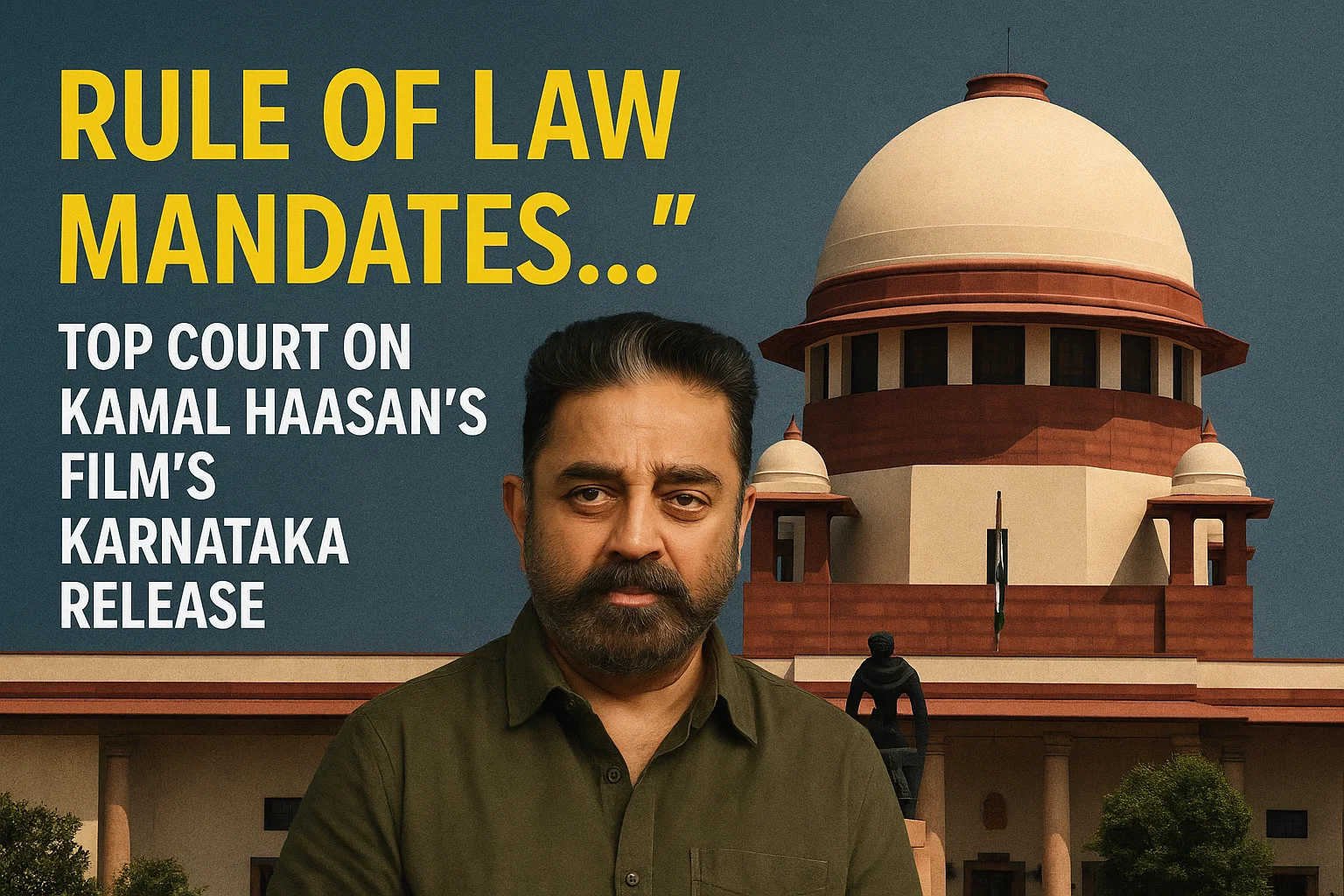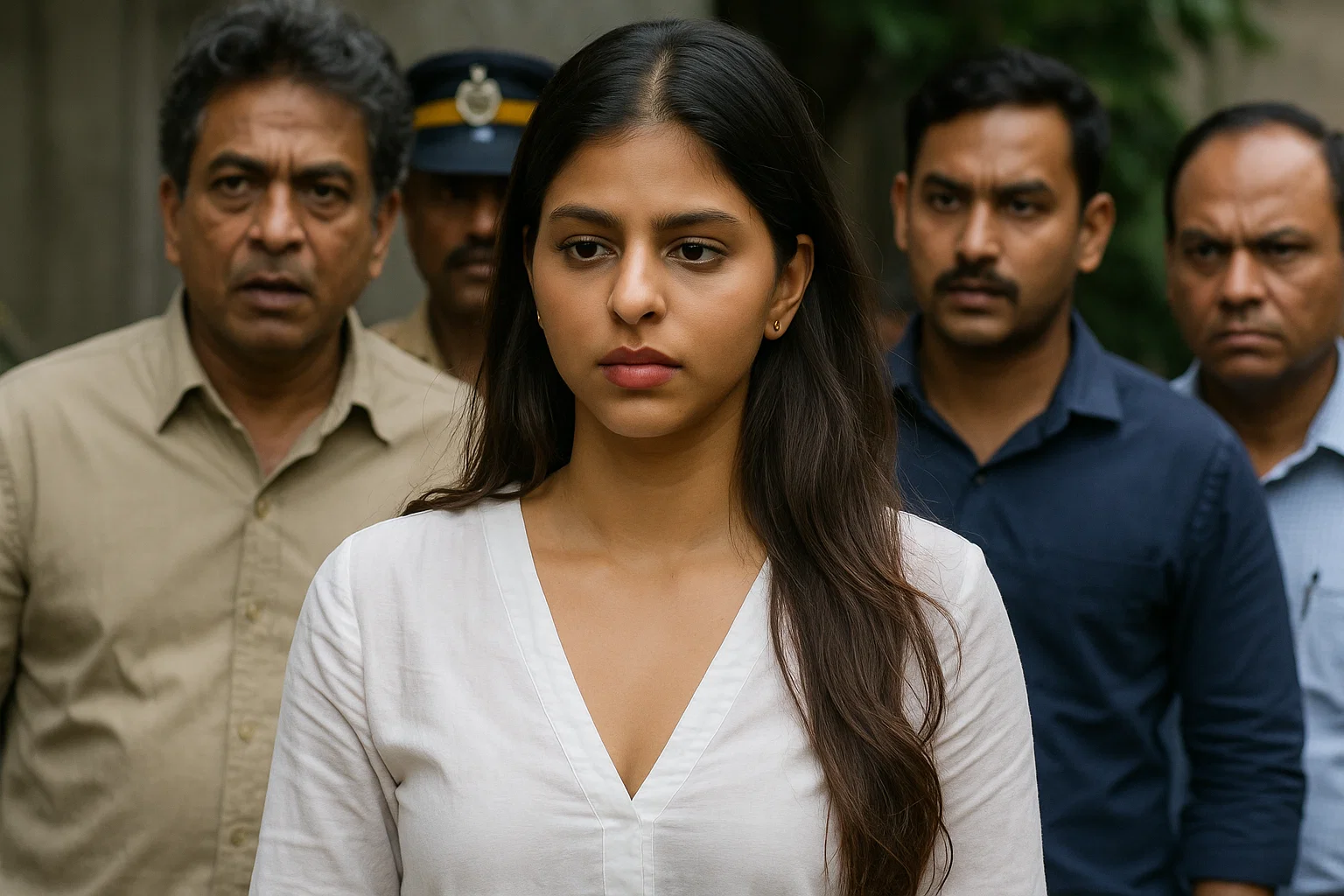'Rule Of Law Mandates...': Top Court On Kamal Haasan's Film's Karnataka Release

NEW DELHI, India – In a significant pronouncement affirming the principles of governance, India's Supreme Court has underscored that the "Rule of Law Mandates" the peaceful and unobstructed release of Kamal Haasan's upcoming film in Karnataka. The directive comes amidst concerns and potential opposition from certain groups regarding the movie's screening in the state.
The apex court's clear stance emphasizes that once a film has been duly certified by the Censor Board, its exhibition cannot be unlawfully obstructed by any individuals or groups. This ruling reinforces the judiciary's commitment to upholding artistic freedom and ensuring that law and order prevail over arbitrary disruptions. The decision aims to prevent self-proclaimed vigilantes from imposing bans or creating law-and-order situations based on their objections to cinematic content.
The judgment is particularly crucial for the film industry, which often faces challenges from various factions attempting to halt releases based on perceived controversies. It sets a strong precedent, reiterating that legitimate legal processes, such as censor certification, are paramount and must be respected by all. Any grievances or objections must be channeled through legal means rather than through intimidation or violence.
While the film's content has reportedly stirred some debate, the Supreme Court's intervention serves as a powerful reminder that in a democratic society, the rule of law must govern all actions. This ensures that creative works, once cleared through established channels, are accessible to the public without fear of unlawful interference, thereby protecting freedom of expression under the ambit of the Constitution.










